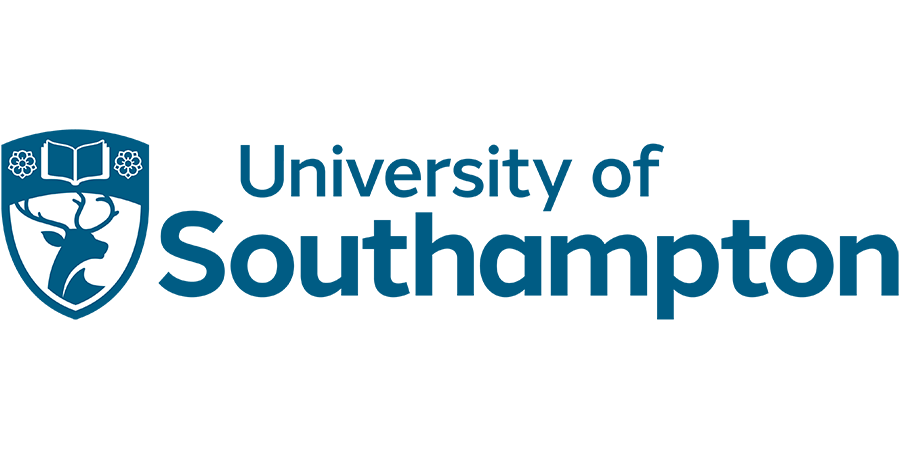PhD Studentship: Transporting microplastic-laden bubbles through vortices (TRAP)
University of Southampton - Faculty of Engineering and Physical Sciences
| Qualification Type: | PhD |
|---|---|
| Location: | Southampton |
| Funding for: | UK Students, EU Students, International Students |
| Funding amount: | We offer a range of funding opportunities for both UK and international students, including Bursaries and Scholarships |
| Hours: | Full Time |
| Placed On: | 30th September 2024 |
|---|---|
| Closes: | 31st January 2025 |
Supervisory Team: Dr. Swathi Krishna and Dr. Ivo Peters
PhD Supervisor: Swathi Krishna
Project description:
Are you concerned about the growing microplastic contamination in our water bodies? Around 12.7 million tonnes of plastic enter the world's oceans annually, a figure expected to only increase without improvements in waste management practices. Microplastics infiltrate our food, water, and air, posing threats to the health of our ecosystem. If you share our sleepless nights contemplating this issue and you aspire to find possible solutions with a vibrant, international team, then this PhD position might just be for you!
Microplastics often attach to bubbles in water sources, acting as surfactants and are released into the air when bubbles burst on the water's surface. We think that this phenomenon can be leveraged to extract microplastics from water bodies by intentionally transporting microplastic-coated bubbles to a designated area for filtration.
One of the available modes of material transport in water bodies are large scale vortices that are constantly generated and transported by surface and underwater vehicles, shear flows, and natural turbulence. This project aims to understand the viability and benefits of using such large-scale vortices to effectively transport surfactant-laden bubbles in a flow. While bubble-vortex interactions are well documented in various engineering applications, there is a gap in understanding the dynamics of a vortex with no axial flow that can trap a microplastic-coated bubble in its core and transport it to a certain distance.
This interdisciplinary project spans across vortex dynamics, bubble dynamics, and vortex-bubble interactions. Cutting-edge tools will be employed in physical experiments to gather high-fidelity data, mapping bubble and vortex characteristics for various conditions. Discovering the effects of microplastics on bubble-vortex interactions may lead to scaling laws for advanced modelling, paving the way for innovative microplastic retrieval methods.
Motivated candidates with knowledge/interest in vortex dynamics, bubbles, design, experimentation, and data- driven methods are encouraged to apply. Any experience with imaging techniques would be beneficial. A strong background in general fluid mechanics is required.
Through this project, you will enhance your skills and knowledge in motion control, unsteady vortex dominated flows, bubble dynamics, building rigorous experimental set-ups, coding (image/ signal processing), scientific planning, writing, and presentation (international exposure) amongst others. You will have access to training in general manufacturing skills in our extensive workshops. You will have the opportunity to work with the tight-knit PhDs and postdocs of the Experimental Fluids Group at Southampton who will be a part of your network.
Entry Requirements
A very good undergraduate degree (at least a UK 2:1 honours degree, or its international equivalent).
Closing date: 31 January 2025.
Funding: We offer a range of funding opportunities for both UK and international students, including Bursaries and Scholarships. For more information please visit PhD Scholarships | Doctoral College | University of Southampton Funding will be awarded on a rolling basis, so apply early for the best opportunity to be considered.
How To Apply
Apply online by clicking the 'Apply' button, above. Select programme type (Research), 2025/26, Faculty of Engineering and Physical Sciences, next page select “PhD Engineering & Environment (Full time)”. In Section 2 of the application form you should insert the name of the supervisor: Swathi Krishna
Applications should include:
- Curriculum Vitae
- Two reference letters
- Degree Transcripts/Certificates to date
Contact Email: feps-pgr-apply@soton.ac.uk
Advert information
Type / Role:
Subject Area(s):
Location(s):









